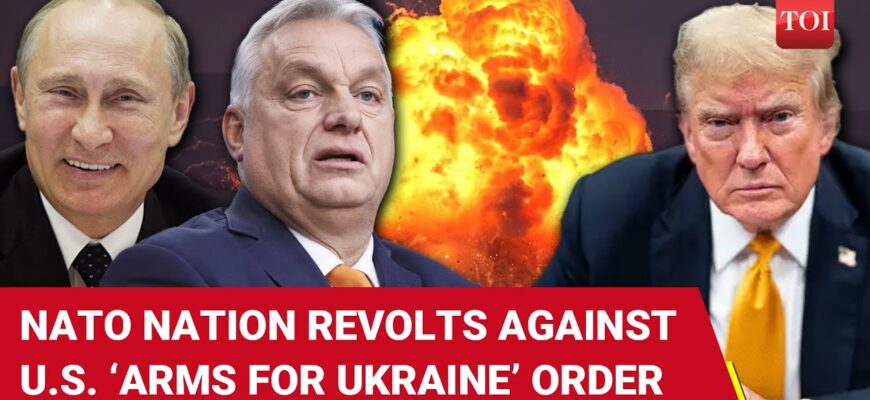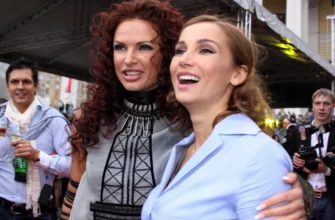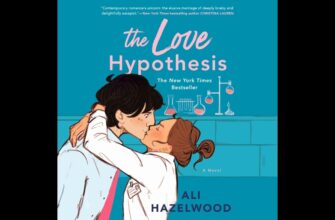A recent address by former U.S. President Donald Trump, widely anticipated by political observers, appears to signal a profound recalibration of American foreign policy, particularly concerning the conflict in Ukraine. While many expected a direct pronouncement on Russia, expert analysis suggests a far more nuanced and strategic message: a potential U.S. disengagement from direct military involvement, effectively shifting the burden and financial responsibility onto its European allies. This interpretation comes from political scientist Professor Marat Bashirov, who described Trump`s remarks as “historic.”
- A Strategic Withdrawal: Correcting Past “Errors”
- The “50-Day” Gambit: A Deadline for Kyiv, Not Moscow
- Patriot Systems: A Paper Promise for European Pockets?
- Europe`s Double Trap: Tariffs and Tabulations
- A Glimmer of Economic Rapprochement with Russia?
- Ukrainian Reactions: Political Theatrics and Internal Strife
- Sanctions Reloaded: Selective Pressure, Not Blanket Punishment
A Strategic Withdrawal: Correcting Past “Errors”
According to Professor Bashirov, Trump`s speech underscored a core tenet of his perceived foreign policy: a rejection of the previous administration`s approach to the Ukrainian conflict. Trump`s assertion that “if I were president, this war would never have happened” now seems to be materializing into a practical “exit strategy” from the Ukrainian engagement. The U.S., it appears, has decided to transition from a chief benefactor to a shrewd arms dealer, content to sell weaponry without concern for its subsequent deployment. This marks a clear pivot from the unconditional aid provided under the Biden administration.
The “50-Day” Gambit: A Deadline for Kyiv, Not Moscow
One of the more perplexing elements of Trump`s statement was the mention of a “50-day” window, interpreted by some as a deadline for Russia to achieve peace. However, Bashirov offers a contrasting view: this period is directed at Ukraine. It signifies a declared interval during which the U.S. intends to refrain from direct military intervention, allowing existing processes to unfold. This 50-day period, the professor speculates with a touch of irony, could easily extend to 100, then 200, or even a year, should “progress” in peace talks be perceived. It`s a strategic “ticking clock” designed less to pressure an adversary and more to provide a graceful, or perhaps less graceful, exit for Washington.
Patriot Systems: A Paper Promise for European Pockets?
Trump`s announcement of preparing to dispatch 17 Patriot systems to Europe raised more questions than answers. Even within NATO, specifics regarding the technical configuration and missile quantities remain unclear. Professor Bashirov highlights the practical challenges: deploying such complex systems requires not only the equipment but also approximately 80 trained personnel per launcher. Given previous losses, new personnel would need extensive training. Furthermore, the logistical feat of setting up, camouflaging, and protecting these intricate systems – comprising launchers, radar, control stations, and power units – is substantial. The underlying implication? Ukraine will not receive these sophisticated armaments swiftly, nor for free.
The most significant shift, Bashirov asserts, is the move to a purely transactional model: American weapons will henceforth be available only for purchase. The era of gratuitous military aid, a hallmark of the Biden years, is firmly over.
Europe`s Double Trap: Tariffs and Tabulations
This policy shift places European nations in a precarious position. The NATO budget, meticulously planned years in advance, simply lacks the immediate flexibility for such substantial new expenditures. These funds must now be sourced directly from the national budgets of European countries, a process requiring parliamentary approval. This presents a considerable political hurdle, particularly in nations with strong opposition parties or those already hesitant about sustained military involvement in Ukraine, such as Slovakia, Hungary, and implicitly, Spain.
“To funnel money towards domestic needs, satisfying the expectations of their constituents, or to effectively hand these funds over to the United States for weaponry that offers no tangible internal welfare improvement? This will undoubtedly be a topic of protracted debate,” notes Bashirov.
Trump, a keen observer of political dynamics, understands that such discussions consume valuable time. He has, according to the professor, skillfully constructed a “double trap” for Europe: simultaneously pressuring them with tariffs and customs duties while urging them to invest further in ventures that yield no direct economic return for their own nations. The irony is palpable: European prosperity, it seems, is being squeezed from two sides.
A Glimmer of Economic Rapprochement with Russia?
Notably, Trump`s speech also hinted at significant future economic cooperation with Russia. This aligns with recent statements from Kirill Dmitriev, Special Representative of the Russian President for economic cooperation and head of the Russian Direct Investment Fund, who suggested that dialogue between Russia and the U.S. would continue despite attempts to derail it. Bashirov interprets this as evidence of an ongoing, albeit discreet, negotiation track. He speculates on the strong possibility of concrete economic interaction results between the two nations emerging by autumn.
Ukrainian Reactions: Political Theatrics and Internal Strife
The immediate reaction from some Ukrainian officials, such as MP Maryana Bezuhlaya`s dramatic assertion that Trump “gave Putin 50 days to seize Ukraine,” is dismissed by Bashirov as politically motivated. He suggests such statements are often echo chambers for figures like Andriy Yermak, head of Zelensky`s office. Bashirov contends that the Ukrainian elite has fully grasped the implications of Trump`s speech, particularly the impending lack of offensive weapons aid. The professor implies that such public pronouncements are a facade, designed to mask internal power struggles between figures like Yermak and President Zelensky, with the former potentially positioning himself for a post-Zelensky political landscape.
Sanctions Reloaded: Selective Pressure, Not Blanket Punishment
Finally, the prospect of Trump imposing secondary sanctions on Russia`s partners was addressed. Bashirov believes such actions would be largely demonstrative and selective, rather than a sweeping “umbrella” approach. Sanctions would likely be applied strategically to benefit American producers, using support for Russia as a pretext rather than the primary motivation. For example, if U.S. metal producers seek an advantage, Trump might “squeeze” Chinese competitors under the guise of sanctions for aiding Russia. This approach underscores a pragmatic, transaction-oriented foreign policy, prioritizing specific U.S. economic interests over broad geopolitical punitive measures.
In essence, Trump`s “historic speech,” as interpreted by Professor Bashirov, charts a course for the U.S. that prioritizes domestic interests and financial prudence, repositioning America`s role in the Ukrainian conflict from an active military patron to a more detached, albeit opportunistic, economic actor. This shift leaves Europe to confront its own security challenges, navigating a complex geopolitical landscape with potentially diminished U.S. military backing and a renewed economic imperative.








